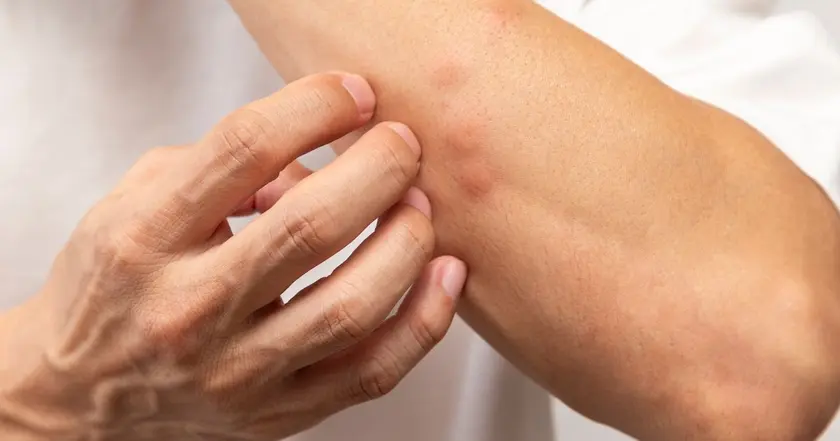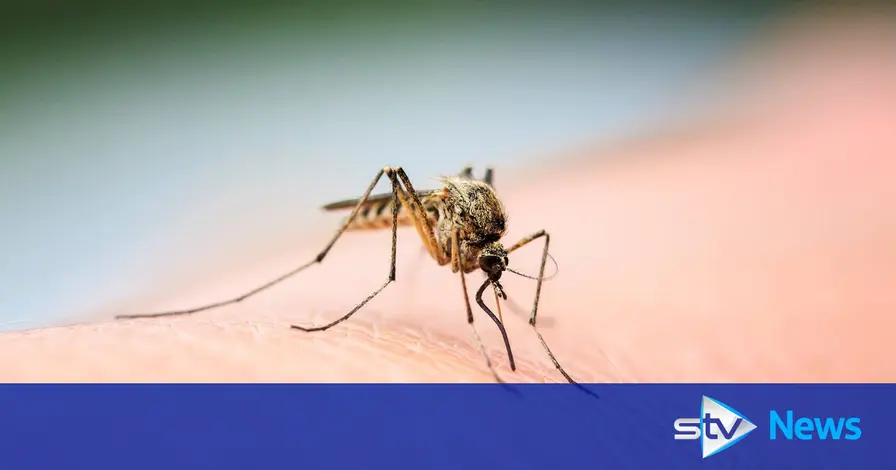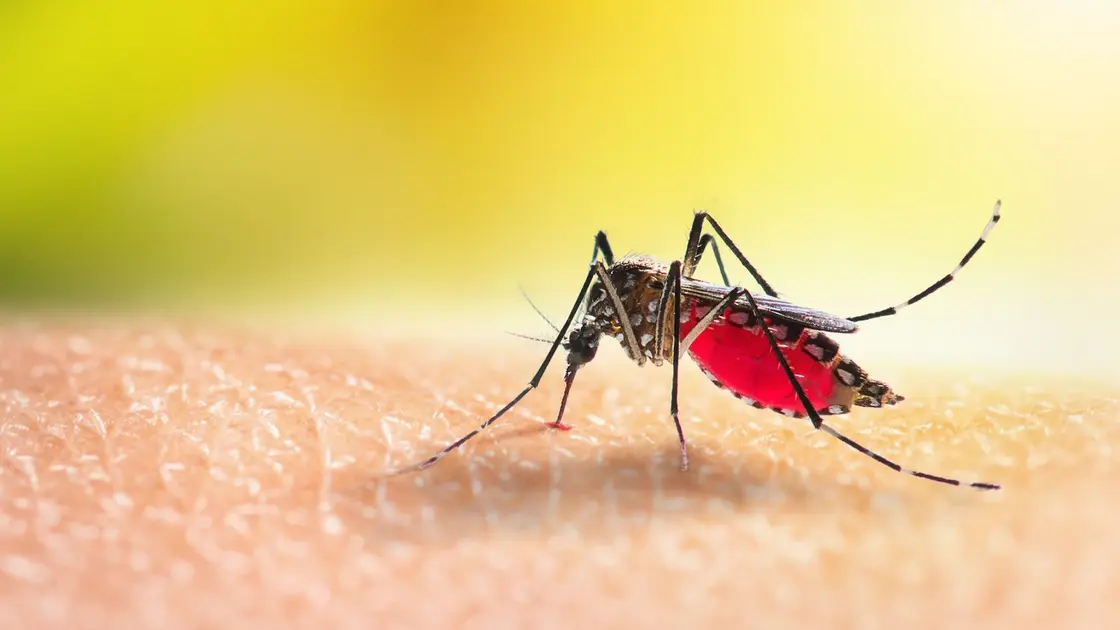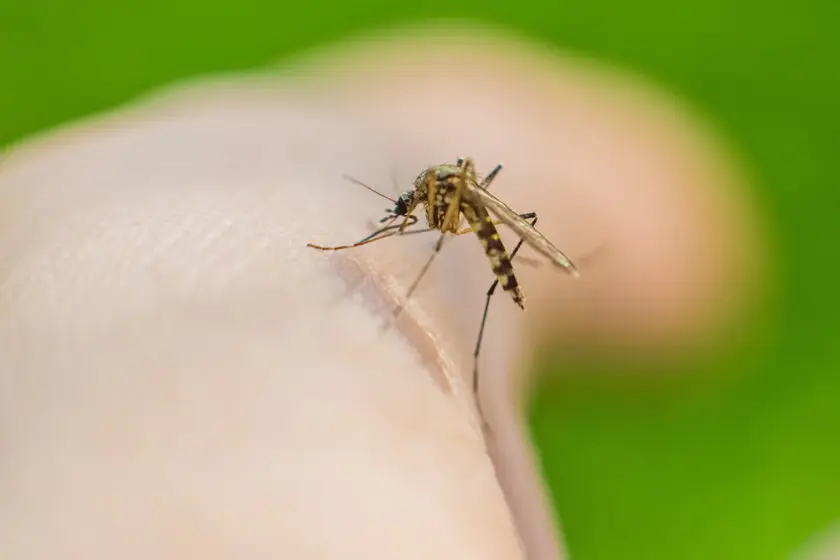T4K3.news
UK detects first travel related Oropouche virus cases
Three travel associated cases identified in the UK; health officials urge vigilance and protection for travelers

UKHSA reports three travel related cases of Oropouche virus in travellers returning to the UK from Brazil
UK reports first cases of Oropouche virus in travelers
The UK Health Security Agency says three people who returned to the UK from Brazil have tested positive for Oropouche virus. The illness is spread by bites from infected midges and can cause fever, headache and body aches. Officials say there is no evidence yet of local transmission in the UK, but the cases show the risk of imported arboviruses when people travel to areas with active transmission.
Health experts warn the infection can have serious consequences for pregnant people, including documented cases of vertical transmission. Dr Enny Paixao of the London School of Hygiene and Tropical Medicine says the public health implications should not be underestimated and cautions travelers to take preventive measures such as protecting against mosquito bites. The incubation period is typically four to eight days after a bite, with symptoms lasting up to a week and possible relapse; rare cases can involve meningitis or brain inflammation. The virus is carried by midges not seen in the UK or Europe, underscoring the geographic edge of this threat.
Key Takeaways
"not be underestimated"
Dr Enny Paixao warns the virus should not be underestimated, especially for pregnant people
"The potential public health implications should not be underestimated"
Paixao on the broader impact of OROV
"Pregnant women should be counselled on preventive measures, particularly the use of mosquito bite protection"
Guidance for prevention
Imported infections highlight how global travel intersects with local health systems. The UK example shows how travelers can carry infections from regions with active transmission even when domestic vectors are absent. This raises questions about surveillance, lab capacity, and how quickly risk communications reach the public.
The trend also points to broader risks from vectorborne diseases as climates and travel mix. Public messaging must be clear and practical, offering concrete steps for protection without creating alarm. The incident offers a prompt for stronger international coordination and continued monitoring to prevent a wider pattern.
Highlights
- Tiny midges carry big health risks across borders
- Pregnant travelers deserve clear protection guidance now
- Imported cases test local health systems
- Vigilance now saves lives later
Imported Oropouche virus risks the UK
Three travel related UK cases show a potential for imported arboviruses. The risk is higher for pregnant travelers due to vertical transmission and fetal complications. Ongoing surveillance and traveler guidance are essential to prevent local spread.
Continued vigilance will decide if this stays a warning or becomes a pattern
Enjoyed this? Let your friends know!
Related News

UK travel health alert

Three UK cases of tropical virus linked to Brazil travel

Chikungunya cases rise in UK

UK travel health update

Oropouche virus detected in Britain

Chikungunya travel advisory

Chikungunya cases rise significantly in China

New dengue and chikungunya cases reported in Italy
